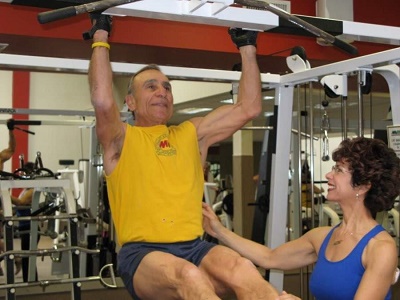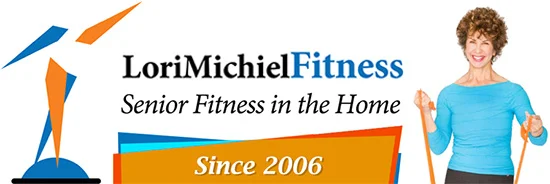 Exercise your age away. The physiological changes in our brain are normal parts of aging, but what you might not know is how it can affect movement.
Exercise your age away. The physiological changes in our brain are normal parts of aging, but what you might not know is how it can affect movement.
My 89-year-old husband knows how lucky he is to be moving as well as he does, because he started exercising at a young age by making it the focal point of his young life. Before he became a champion gymnast, he watched his friends in junior high do tumbling or handstands and would mimic their moves. Once in high school, he acquired more complex skills which led to an invitation to the gymnastic team. He excelled in floor exercises aka free-style exercises, including handstands, splits, Planche (hand-balancing strength skill in which the body is held parallel to the ground, while being supported above the floor or on the rings by straight arms) and more.
He doesn’t perform those advanced moves any longer, BUT he does remain active… more so than many half his age. It’s part of his DNA. These days he bikes a few times a week, lifts weights, can still do a “mean” pushup, plank and stretches better than most 40-year-olds.
Over time our muscles get smaller and lose the ability to maximize oxygen, which decreases 10% per decade, beginning in our late 30s. The connection between our muscles and our brain also decreases. This causes the connections between muscle fibers to wither – and that, in turn, eventually leads to muscle loss. Physical activity can offset some of that.
Even if you start exercising later in life instead of sitting for hours on end, it can help prevent the ravages of aging (arthritis, joint disease, cardiovascular events, etc.). Exercise will protect your muscles and help you function better and hopefully be less reliant on your family. Of course, there are exceptions, but the research is there. Remember: the more your move in your senior years, the better off you’ll be than a sedentary person in their twenties. Even if you were not an athlete like Ralph, there are options.
For those of you who “hate” the word exercise, call it something else. Change your perception. Walk, dance or play a game like pickleball, the new rage. Whatever you chose, make it fun. And, if you’d like more tips from an expert on ways to be more active, reduce the pain associated with arthritis or injury and increase your balance, contact us: email us or simply call us at 818-620-1442 for a consultation. You can also refer to our FAQ page aka Questions and Answers, follow us on Facebook or check out our website at www.LoriMichielFitness for other important fitness information.
